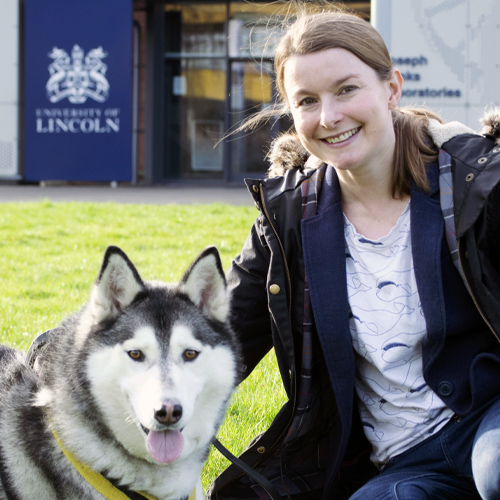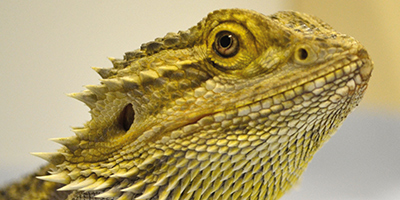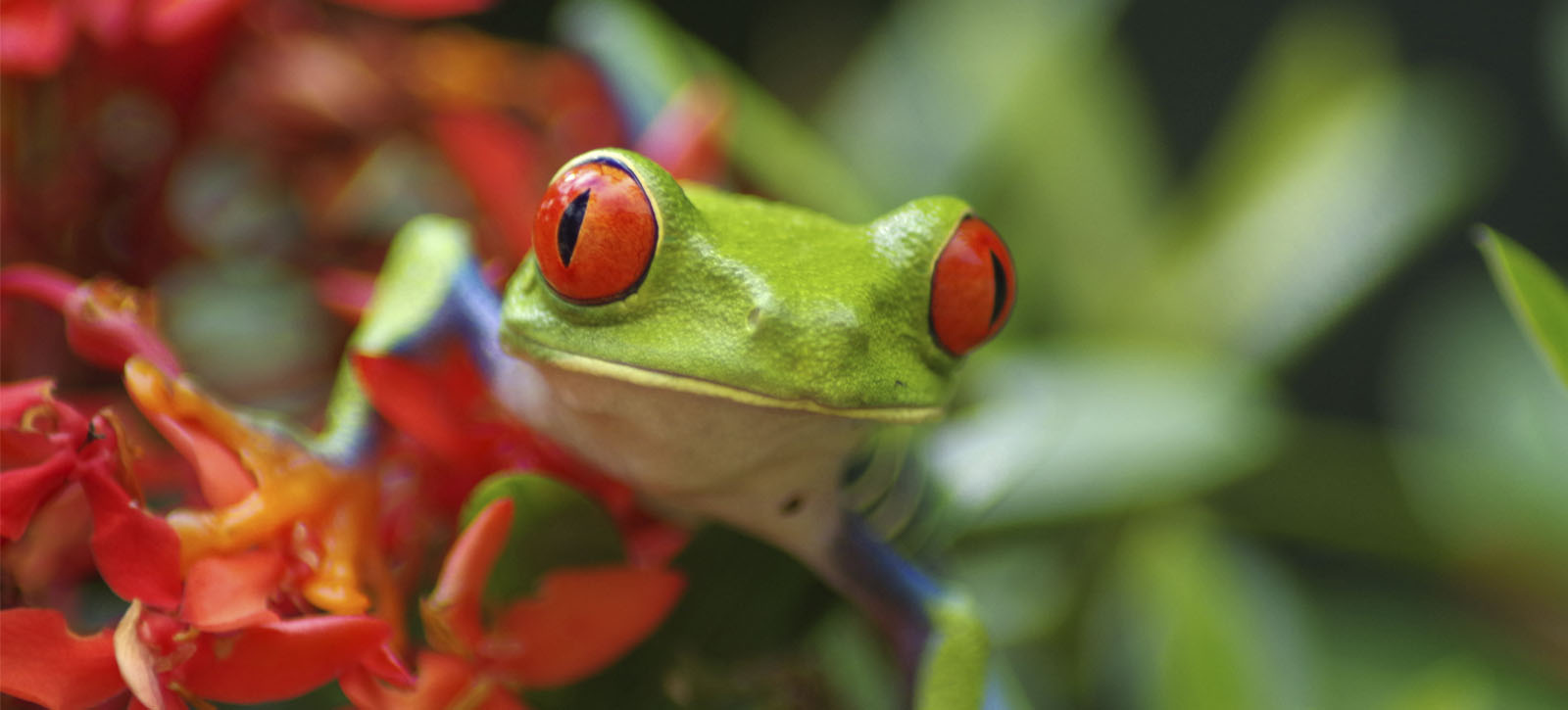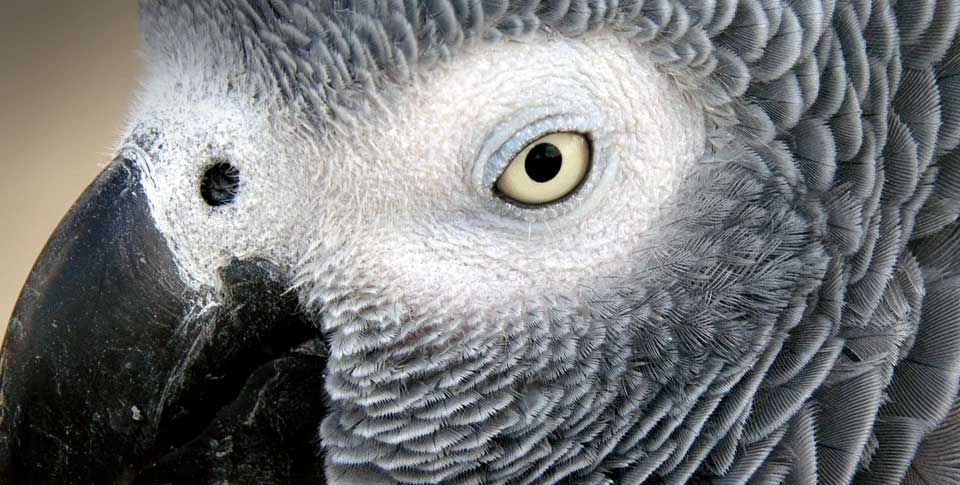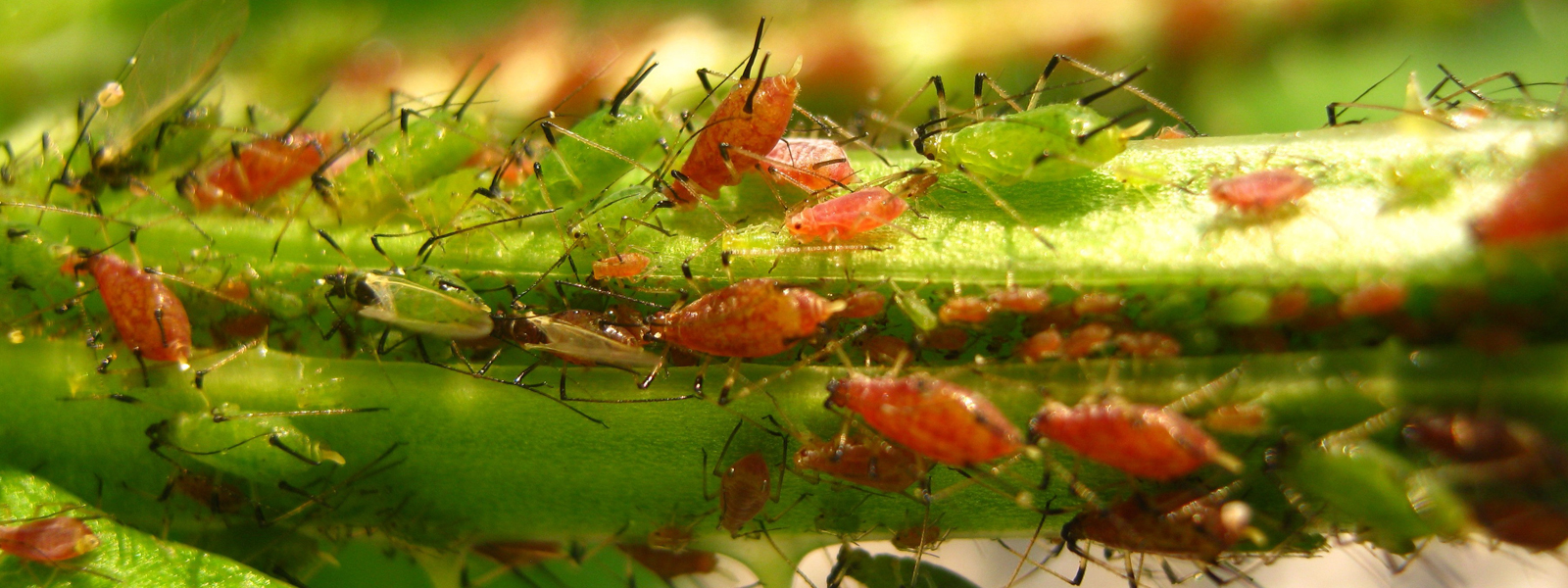It's Been Emotional
Gaining a better understanding of the feelings and the emotions of our pets and animal companions and correctly identifying an animal’s emotional state is key to successful human-animal interactions. The team has discovered that cat and dog owners perceive a much larger catalogue of emotions than had previously been documented, ranging from simple to complex.
More than 400 cat and dog owners were surveyed to assess the spectrum of states and behavioural characteristics they discerned in their pets. The questionnaire included six simple emotions (anger, disgust, fear, joy, sadness, and surprise) and 16 complex emotions (amusement, anxiety, boredom, confusion, curiosity/interest, disappointment, embarrassment, empathy, frustration, grief, guilt/shame, jealousy, love/affection, pain, positive anticipation, and pride).
"The results are important as problems can arise if an owner misconstrues their pet’s emotional state," explains Professor Mills. "For example, if an owner attributed guilt as an emotion in their pet via facial expression and behavioural signals after an episode of misbehaviour, they may feel it necessary to reprimand them."
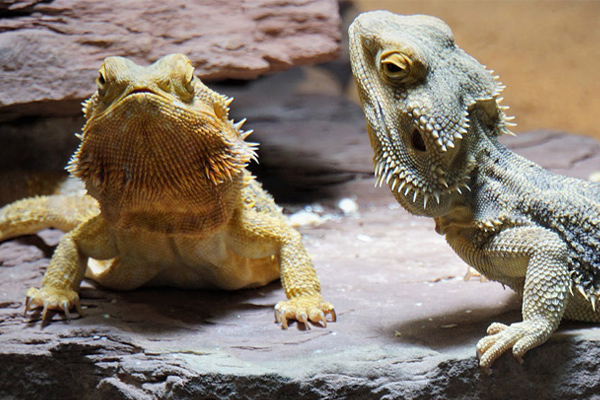
/prod01/university-of-lincoln-cdn-pxl/media/responsive2017/research/newresearch/Animal,Behaviour,feature,banner2,1600X600.jpg )




